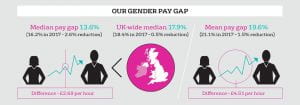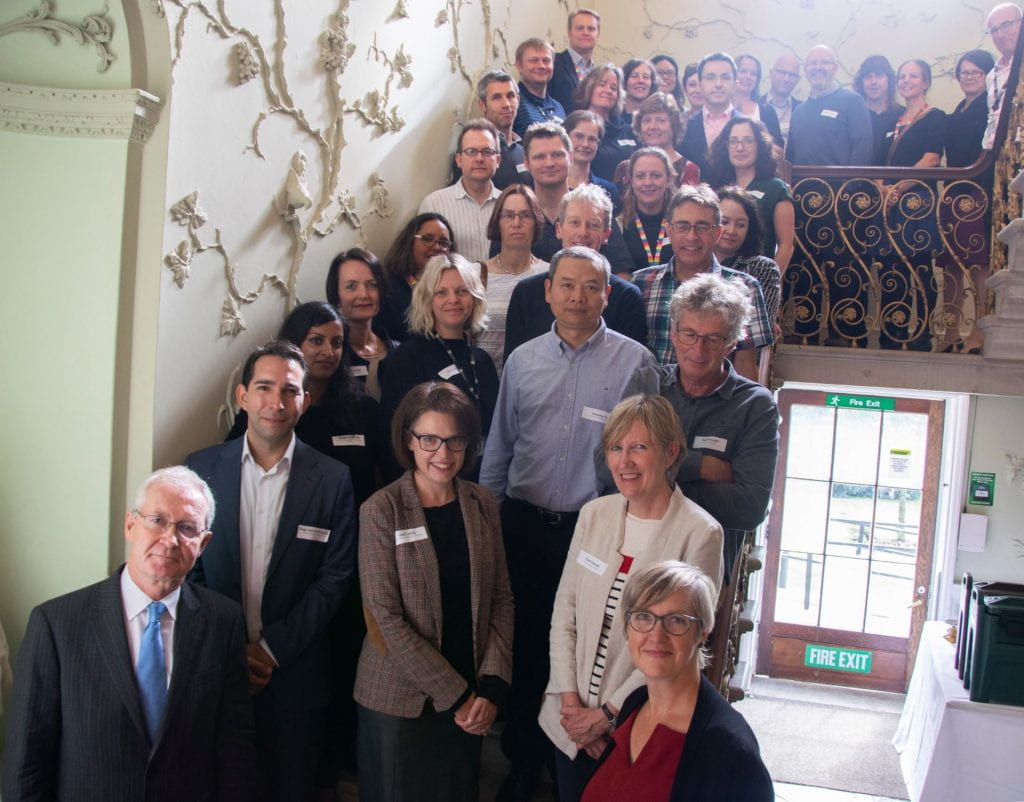By Professor Judith Squires, Deputy Vice-Chancellor and Provost
It is six months today since I took up my role as Deputy Vice-Chancellor and Provost. I have tried to use this time in office to engender change in the institution, so I am particularly pleased to mark my first half-year with the University of Bristol Gender Equality Conference 2019 on 4 July, as one of the key priorities for me has been to make real progress on gender equality in the University.
I am also pleased to report that, following this year’s academic promotions round, in which we will be promoting 37 new Associate Professors and 45 new Professors, we will see an increase in the proportion of female professors to 28.2%. This represents an increase of 11.1% over five years. It also means that we have reached our University Strategic Plan 28% mid-term target and puts us on track to reach the 33% target by the end of the Plan.
We will be analysing the impact of this on our gender pay gap, but our 2019 Gender Pay Gap Report already showed a reducing gap at the organisational level of 13.6%. This is a 2.6% reduction in one year (and lower than the Russell Group median of 14.9%). The professorial median pay gap stands at 3.1% with the mean reducing by 0.7% to 7.5% over the past year due to the progression of female Professors.


Work to reduce the gender pay gap
In addition to this, we are working hard in other areas based on the recommendations from the publication of a study into gender employment and pay at Bristol, commissioned by the Professorial Gender Pay Gap Working Group and published in September 2018.
One of the recommendations in this report was linked to historical concerns about the undervaluing of work that tends to be disproportionately undertaken by women. I was therefore delighted that the new Academic Promotions Framework was endorsed by Senate on 10 June, as this was designed to ensure that we have a fair and effective promotions process that better recognises the full academic contribution, rewarding research, education, engagement and citizenship. The new framework for promotion to Associate Professor and Professor will be ready for the 2020/21 promotions cycle.
The framework should also facilitate better career discussions, which in turn could lead to more focused personal and professional development, and more flexible and inclusive careers for everyone. This links with another recommendation on the quality of the career support provided through such processes as staff review and development, which we will be reviewing in the coming year.
I am also heartened by changes for Pathway 3 colleagues after the review of their progressability as part of workforce planning. For Pathway 2 colleagues, we are looking at both practical support when facing the challenges of fixed-term funding and career support. We are piloting various approaches in the Medical School and doing some work with Principal Investigators to highlight the excellent work that many are already doing to support their research teams.
We are also looking to introduce more flexible working options, including job-shares, into all recruitment. Plus, we are evaluating the Returning Carers’ Scheme, which has supported nearly 50 women since 2014 to re-establish their research.
At the beginning of my term in office, I launched a new women’s mentoring scheme with significant take up (over 200 grade K and L mentees and 50 grade M mentors) from both academic and professional services staff: I look forward to hearing how this has been received in the autumn. We are also piloting an alternative to Aurora called the Female Leadership Initiative (FLi).
There is still significant work to do, including exploring ethnicity pay gaps and their intersection with gender, but I am grateful for all your support in relation to our achievements thus far, including our Athena SWAN activities. I know that together we are moving in the right direction. Thanks for all your support and please do come to the Conference on Thursday 4 July.




